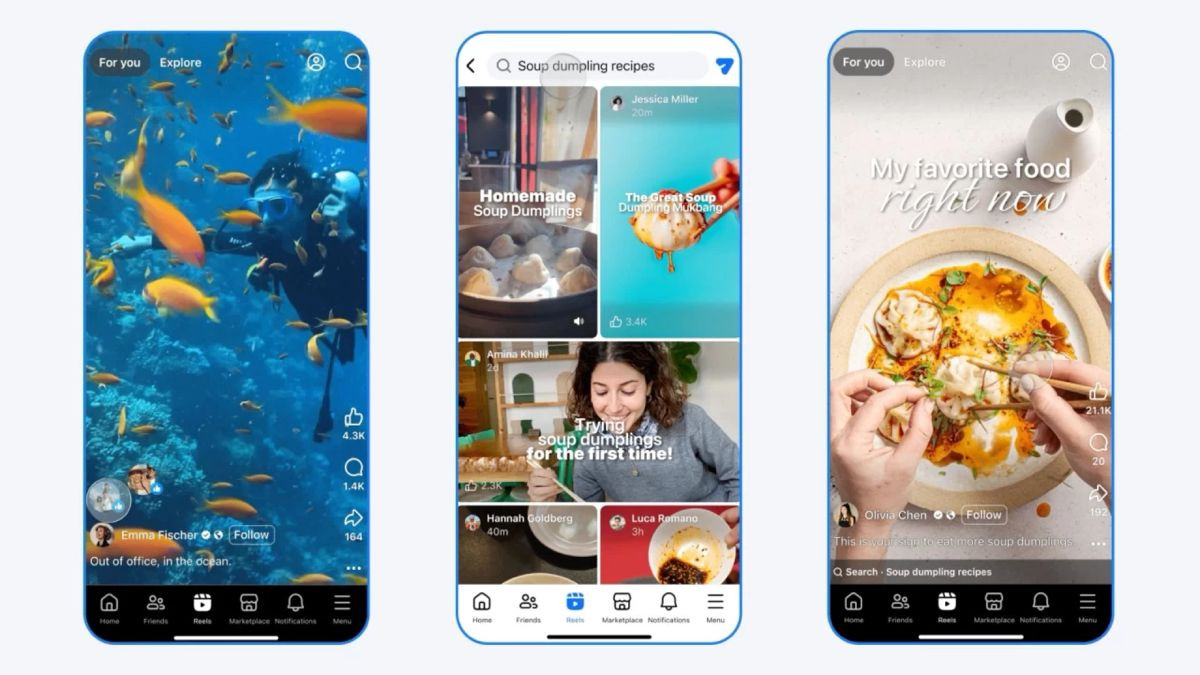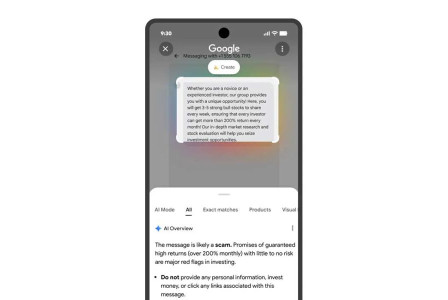SEARCH
Meta revamps Facebook Reels with fresh AI and new social features

SHARE IT
Meta is rolling out a major update to Facebook’s Reels, introducing a new recommendations engine that promises smarter, faster, and more personalized content suggestions. The company says the revamped system will better understand what users want to see, mirroring some of the functionality already familiar to Instagram users. With these changes, Meta aims to keep users engaged for longer by tailoring video feeds to individual viewing habits.
The updated recommendation system marks Facebook’s latest step in its effort to compete in the short-form video space dominated by TikTok and YouTube Shorts. By analyzing what people watch, save, and engage with, Facebook’s algorithms will now serve up content that better aligns with users’ interests. Whether someone enjoys DIY tutorials, travel vlogs, or quick entertainment clips, the platform will increasingly curate a feed that feels personally relevant.
Meta reports that the shift toward video on Facebook continues to accelerate. In the United States, time spent watching videos on the platform has climbed by 20% over the past year. Particularly, videos longer than one minute now account for more than half of total watch time on Facebook. These longer clips also represent roughly a quarter of all Reels created by content producers with more than 10,000 followers. This data underscores Meta’s ongoing transition from a primarily text-and-photo-based platform to one driven by video engagement.
A key improvement in the update is the recommendation engine’s ability to spotlight new content faster. According to Meta, users will now see 50% more Reels published on the same day they’re created. This focus on “freshness” aims to help creators gain visibility while giving audiences a more dynamic experience filled with up-to-date trends and conversations.
Artificial intelligence also plays a bigger role in how Reels are delivered. The new system can recommend related videos without requiring users to leave the Reels player, effectively turning the feature into a continuous viewing experience. Meta hopes this approach will encourage people to spend more time on Facebook, discovering new creators and topics naturally through AI-driven exploration.

Borrowing another popular feature from Instagram, Meta is introducing “bubbles” to Facebook’s Reels and Feed. These small profile icons appear in the bottom left corner of a Reel to show that a friend has liked the video. Tapping the bubble opens a private chat, creating an instant connection around shared interests. This subtle social layer turns Reels into a more interactive and communal space, rather than just a passive viewing experience.
However, even as Meta enhances personalization and interactivity, it continues to face criticism over how its algorithms shape user experiences. Many users have long requested a way to permanently opt out of algorithm-driven feeds in favor of a simple chronological order. Despite these demands, Facebook still does not offer a full control switch to disable recommendations entirely.
This issue has also caught the attention of regulators. A recent court ruling in Amsterdam accused Meta of using “dark patterns” on Facebook and Instagram—design tactics that make it hard for users to locate the option for chronological feeds. The court concluded that such practices contribute to what it called “choice fatigue,” a condition where users give up on trying to manage their settings due to excessive complexity. Meta has been ordered to make non-profiled, chronological feeds easier to access or risk facing penalties.
Adding to the debate, Meta recently revealed that user interactions with its built-in assistant, Meta AI, will soon be incorporated into personalized ad targeting and recommendation systems across all of its platforms. This means that the data gathered from chatting with Meta AI could influence what users see not only in Reels, but also in their overall feed and advertising experience. While the company frames this as an enhancement to personalization, critics argue that it deepens the opacity of Meta’s data ecosystem.
MORE NEWS FOR YOU

 Help & Support
Help & Support 

